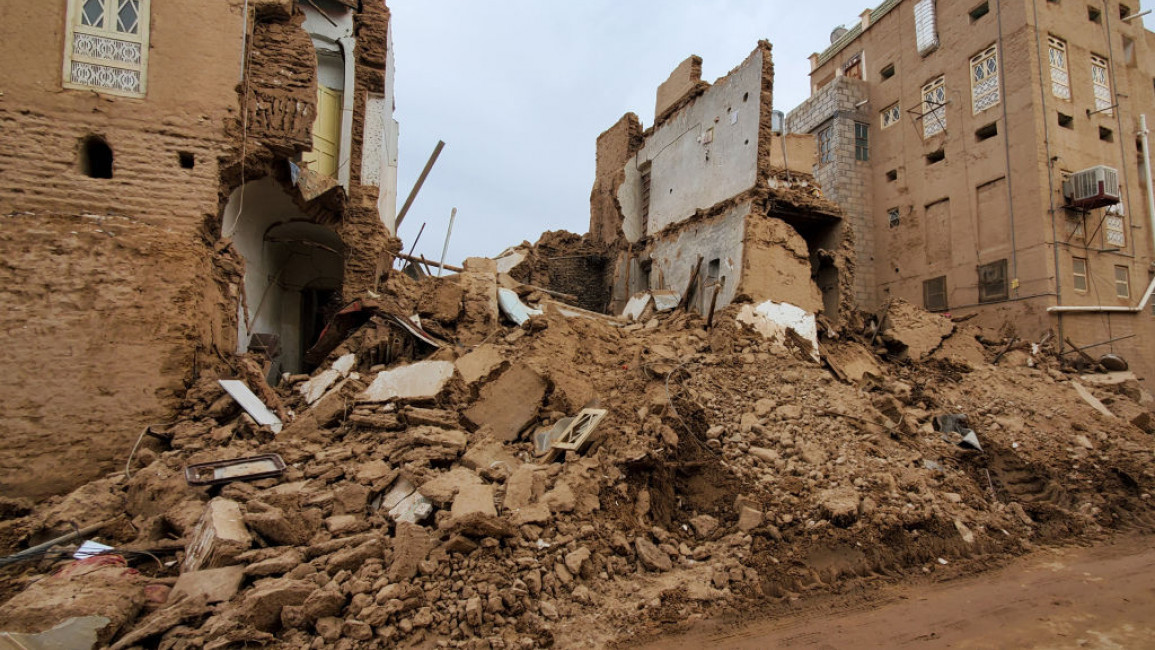Canada's Calvalley says it suspended oil operations in Yemen's Hadramout
Canada's Calvalley Petroleum has suspended its operations and exploration in Yemen's Hadramout province due to deteriorating security conditions after having resumed activities in the war-torn country in mid-2019, the company said.
It confirmed a 17 January notice to staff and contractors, seen by Reuters, announcing suspension of activities in block 9, citing production and transportation disruption since 14 December from checkpoints outside the company's gate and road blocks.
"The company will not be resuming its production and development operations until solutions are found to the deteriorating security conditions," the firm said in an emailed response to Reuters last week.
Tribal members in Hadramout in South Yemen had blocked roads in protest over several issues including power outages, unpaid public sector wages and the province's share of oil sales, according to a 25 January letter by local authorities on Facebook.
Hadramout is under control of the internationally recognised government that is backed by a Saudi-led coalition, which intervened in March 2015 against the Iran-aligned Houthi movement that now largely controls the north.
Yemen had been pumping some 127,000 barrels per day (bpd) but the war choked energy output, which now stands at some 60,000 bpd, according to government data.
Like other international oil firms, Calvalley shut down work in 2015, but it resumed production in July 2019 in block 9, where it has a 50 percent interest, at 3,500 bpd, with output rising to 6,700 bpd in November 2021, it said.
It launched a 3D seismic programme for new exploration prospects in block 9, which contains total proven and probable reserves of around 42.2 million barrels, according to the firm.



